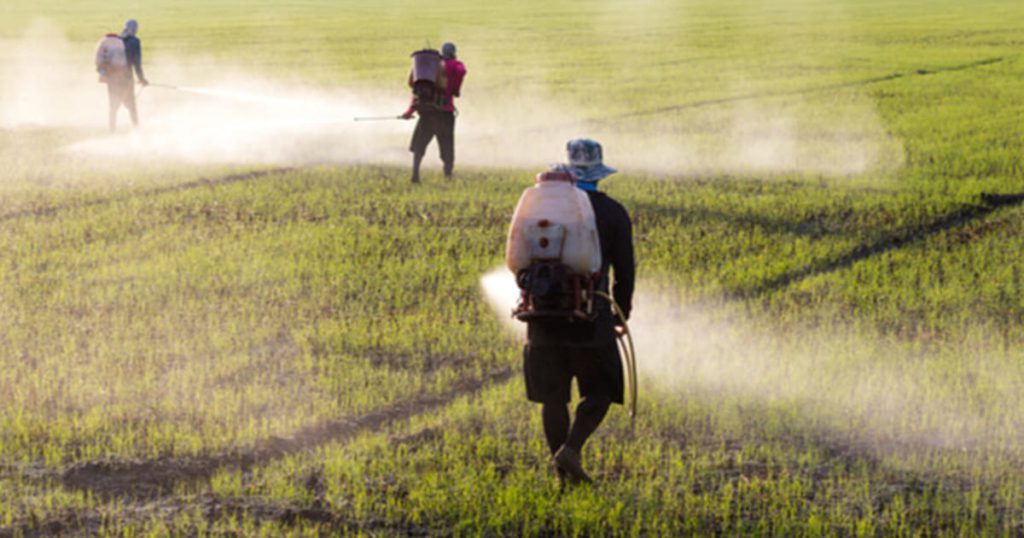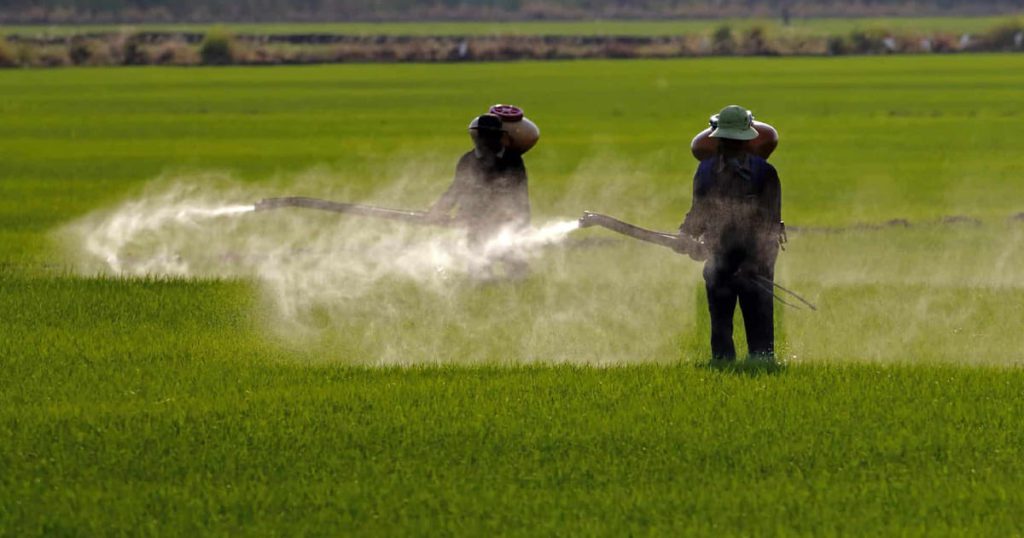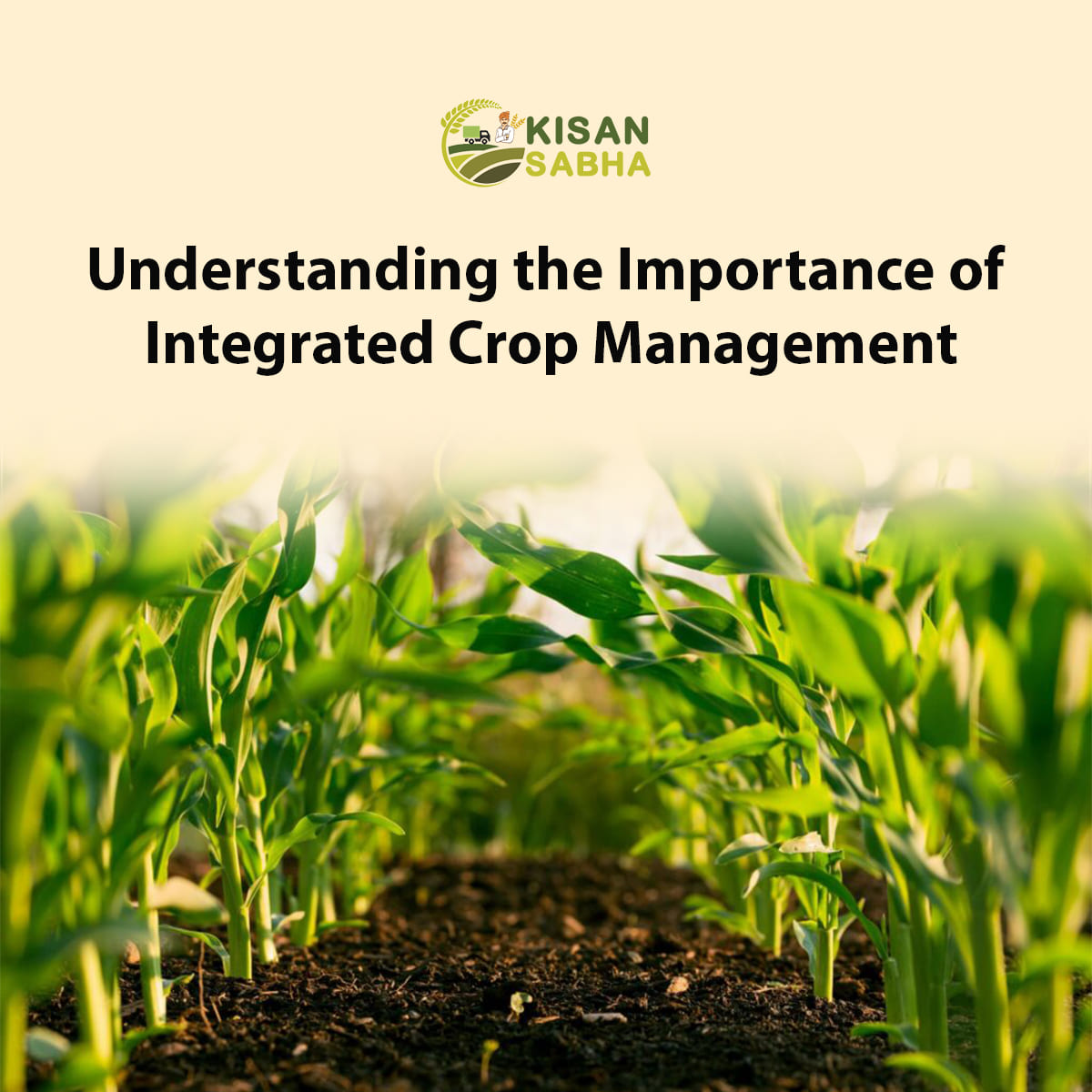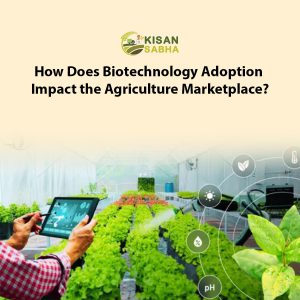As the global population continues to grow, the demand for food production is also increasing. Agriculture is a vital component of any economy, and sustainable practices must be implemented to ensure the industry’s long-term viability. One such practice that has gained significant attention recently is Integrated Crop Management (ICM). In this blog post, we will delve into what ICM is, its uses, and the benefits it offers.

What is Integrated Crop Management?
Integrated Crop Management is an approach to farming that uses a combination of different techniques to manage crops sustainably. It involves the integration of various practices, such as crop rotation, pest management, soil health management, and water conservation, to produce high-quality crops while minimizing the negative impact on the environment.
ICM combines the best of traditional farming practices with modern innovations and technology to optimize crop productivity, reduce costs, and ensure environmental sustainability. It is a holistic approach that takes into consideration the entire ecosystem of the farm, including soil, water, and biodiversity.
Uses of Integrated Crop Management
Crop Rotation
Crop rotation is an essential component of ICM. It involves growing different crops on the same piece of land in a planned sequence. This helps break the cycle of pests and diseases, as different crops attract different pests and diseases. By rotating crops, farmers can reduce the use of pesticides and herbicides, which can harm the environment and human health.
Crop rotation also helps maintain soil health by replenishing nutrients and reducing soil erosion. Different crops have varying nutrient requirements, and by rotating crops, farmers can ensure that the soil is not depleted of essential nutrients.
Pest Management
Traditional farming practices often rely heavily on the use of pesticides to control pests. However, this method is not sustainable in the long run, as pests can develop resistance to pesticides, and the chemicals can harm beneficial insects and pollinators.
ICM, on the other hand, promotes the use of integrated pest management (IPM) techniques. This involves a combination of cultural, biological, and chemical methods to manage pests. Cultural methods include crop rotation, intercropping, and mulching, which help create an unfavorable environment for pests to thrive. Biological methods involve the use of natural predators and parasites to control pests and chemical methods are used as a last resort.
By using IPM techniques, farmers can reduce their reliance on pesticides, which can save costs and protect the environment.
Also Read:- What is Regenerative Farming and Its Benefits?
Soil Health Management
Healthy soil is crucial for crop productivity. ICM emphasizes the importance of maintaining soil health through practices such as cover cropping, reduced tillage, and the use of organic fertilizers. These practices help improve soil structure, increase soil organic matter, and enhance soil biodiversity. Healthy soil is better able to retain moisture, which reduces the need for irrigation and can also sequester carbon, which helps mitigate climate change.
Water Conservation
Water is a precious resource, and with the increasing demands of agriculture, it is essential to use it efficiently. ICM promotes the use of water-efficient irrigation systems, such as drip irrigation, which delivers water directly to the roots of plants, reducing water wastage. It also encourages the use of cover crops and reduced tillage, which helps retain soil moisture and reduce evaporation.
By implementing water conservation practices, farmers can reduce their water usage, save costs, and contribute to sustainable water management.

Benefits of Integrated Crop Management
Increased Productivity
ICM focuses on optimizing crop productivity, which means farmers can produce more food without expanding their land. By using practices such as crop rotation and pest management, farmers can minimize crop losses and ensure a healthy harvest. This is especially important in today’s world, where the demand for food is continuously increasing.
Cost Savings
ICM practices can also lead to cost savings for farmers. By reducing the use of chemical inputs, such as pesticides and fertilizers, farmers can save on input costs. Additionally, practices like crop rotation and cover cropping can improve soil health, reducing the need for expensive soil amendments.
Environmental Sustainability
One of the most significant benefits of ICM is its focus on environmental sustainability. By using techniques such as crop rotation and integrated pest management, farmers can reduce their impact on the environment. This includes reducing water and air pollution, preserving biodiversity, and mitigating climate change.
Health Benefits
ICM practices also have health benefits for both farmers and consumers. By reducing the use of chemical inputs, farmers are less exposed to harmful substances, which can have adverse effects on their health. Additionally, by producing food using sustainable methods, consumers can be assured that the food they are consuming is safe and free from harmful chemicals.
Long-Term Viability
ICM is a long-term approach to farming that focuses on the overall health of the farm ecosystem. By using practices that promote soil and water conservation, farmers can ensure the long-term viability of their land for future generations. This is especially important as the world’s population continues to grow, and the demand for food production increases.
Conclusion
Integrated Crop Management is a holistic approach to farming that promotes sustainable practices to optimize crop productivity while minimizing negative impacts on the environment. By using a combination of techniques, such as crop rotation, pest management, soil health management, and water conservation, farmers can achieve increased productivity, cost savings, environmental sustainability, and long-term viability. The agriculture industry needs to adopt ICM practices to ensure the future of food production for generations to come.




